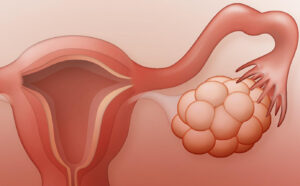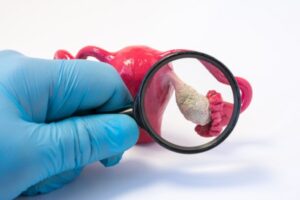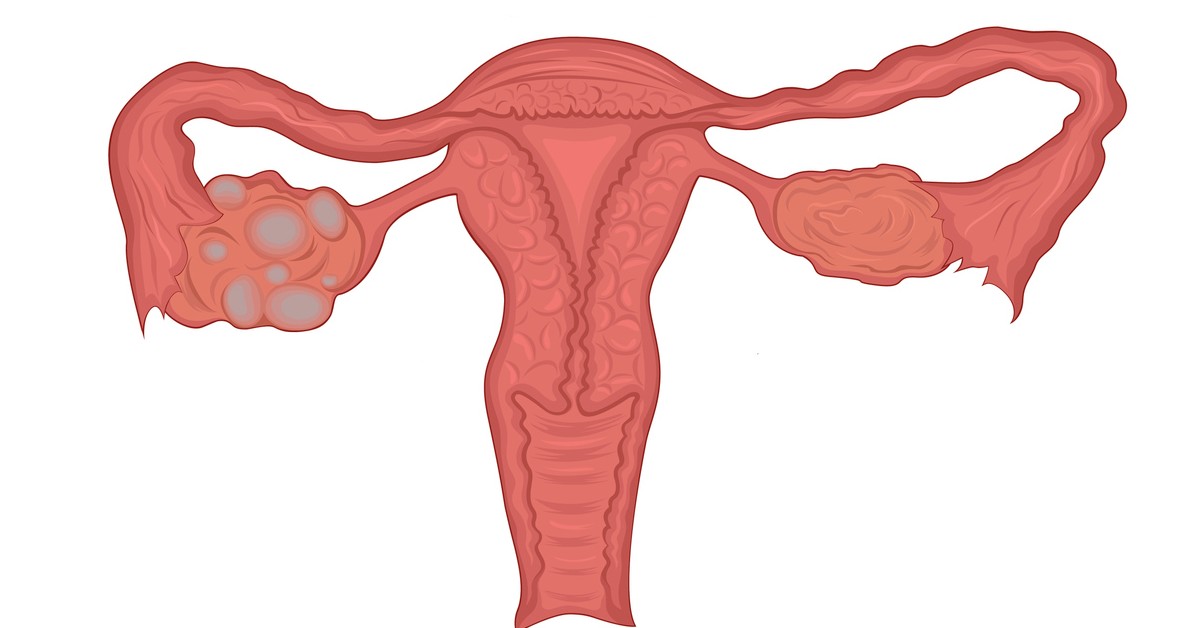Depending on the patient's age, cyst size, symptoms and health status ovarian cyst treatment may change. Small, asymptomatic cysts are usually monitored. If there are symptoms or risk of enlargement, surgery or medication may be considered. Surgery may involve removing the cyst or draining its contents. Hormonal medications can also be used. The treatment plan should be based on the patient's specific situation and the doctor's assessment.
In Which Situations Is Ovarian Cyst Treatment Applied?
Cysts are often asymptomatic and may be discovered randomly. However, if symptoms occur (e.g., pelvic pain, menstrual irregularities, painful sexual intercourse, etc.), treatment may be required. They are small and harmless, but if they increase in size (for example, 5 cm or larger) or show rapid growth, treatment may be considered. It may rarely cause complications.
Situations such as cyst bursting, torsion, infection or bleeding may require emergency treatment. Doctors may evaluate that some may be cancerous. If its structure or appearance is questionable, the treatment plan may require more testing to assess cancer risk. The problem may recur. If a person constantly experiences the condition and has health problems, treatment options are evaluated.
Ovarian cyst treatment can be done by various methods. Methods may include drug therapy, surgical intervention (laparotomy), or monitoring. The doctor determines the treatment approach depending on the patient's condition and the characteristics of the cyst. If you have concerns or have symptoms, it is important to contact a healthcare professional.
Ovarian Cyst Treatment Stages

The patient's medical history, symptoms and physical examination results are evaluated. Imaging tests, such as ultrasound or computed tomography, can help determine the type and size of the cyst.
Small, simple cysts usually do not require treatment. Doctors can monitor these regularly. Its size and whether its symptoms progress are checked with regular follow-up.
The doctor tries to control the growth and relieve symptoms with hormone medications and painkillers. Cysts that are large, complex, or cause symptoms often require surgical intervention.
Methods such as laparoscopic surgery or laparotomy (open surgery) can be used. During surgery, the doctor may remove the cyst. He or she can examine (biopsy) and save ovarian tissue if necessary.
After removal, its type and nature are determined by histopathological examination. It helps assess cancer risk. Monitoring is important. The doctor monitors the patient's recovery and any recurrences (the cyst comes back). If the cyst is cancerous, further treatment (for example, chemotherapy or radiotherapy) may be needed.
Ovarian cyst treatmentmay be different for each patient, so the exact treatment plan depends on the patient's specific situation. Treatment options should be based on your doctor's evaluation and the characteristics of the cyst. If you have any symptoms or concerns, you should contact a healthcare professional.
Things to Consider After Ovarian Cyst Treatment

You should go to follow-up appointments regularly. Check-ups are important to evaluate recurrence of the condition and treatment results. You should use the medications prescribed by your doctor regularly.
You should consult your doctor if medications need to be discontinued or the dosage needs to be changed during the treatment process. You can usually do light physical activities. However, you should avoid strenuous exercise or heavy lifting.
Your doctor will guide you on how much activity you should do. You should maintain a healthy eating habit. By following the recommendations, you should choose foods that will support your body's healing process.
You should be careful to drink enough water. This will hydrate your body and support the healing process. Your doctor must determine when you can return to sexual intercourse.
It may generally be recommended to avoid sexual activity for a while after the operation. If your symptoms worsen or new symptoms appear after treatment, you should consult your doctor immediately. If you are considering having children, you should talk about pregnancy planning after treatment.
Some treatments may have effects on fertility. It is thought that stress may have negative effects on cysts. You can get relaxation techniques or psychological support to reduce stress. Smoking and excessive alcohol consumption can negatively affect the healing process.
These substances should be avoided. Don't forget that ovarian cyst treatment, It may vary depending on the type and size of the cyst and other factors. You should definitely discuss post-treatment recommendations and restrictions with your doctor. It is important to follow your doctor's recommendations to best support your recovery process.






